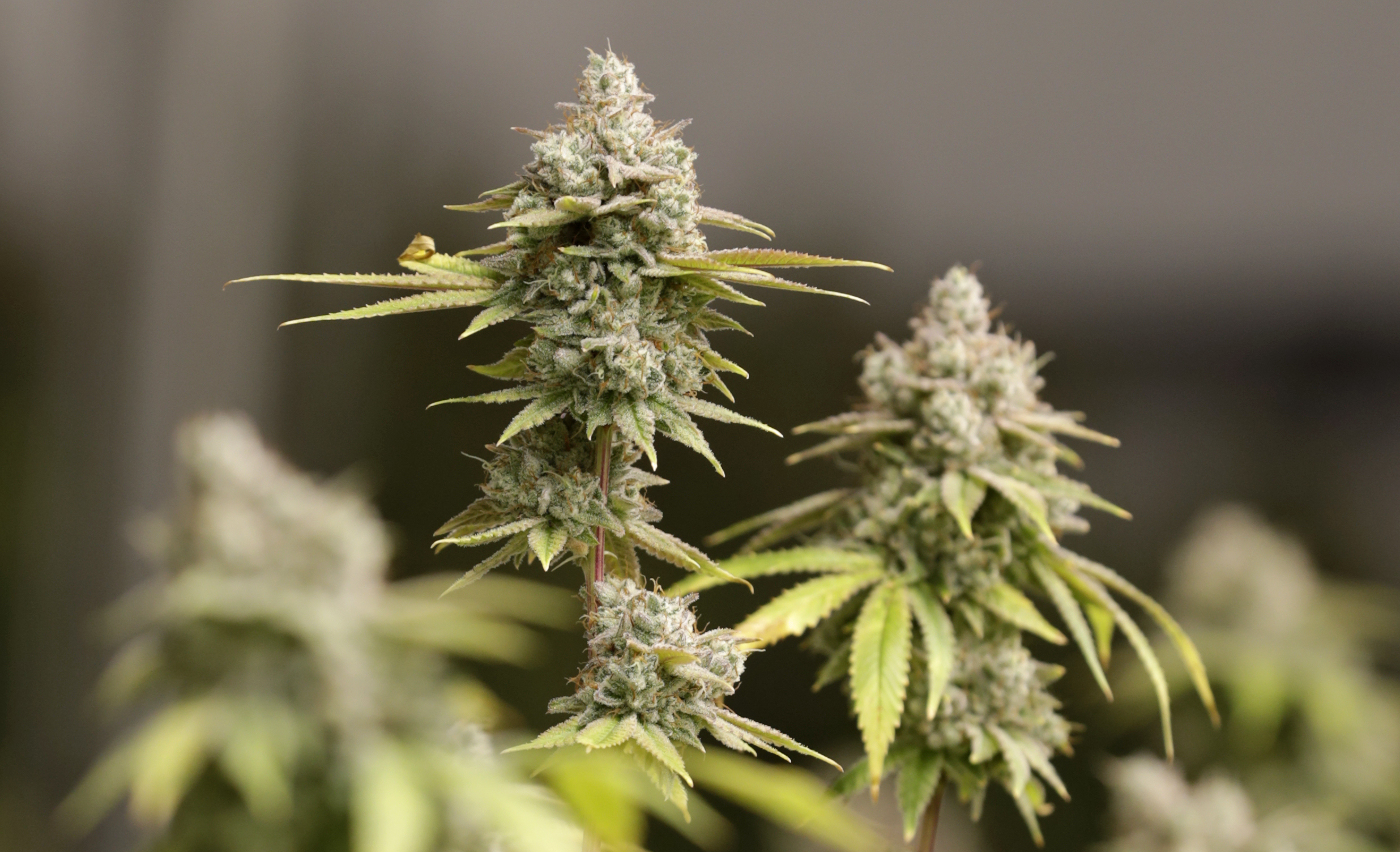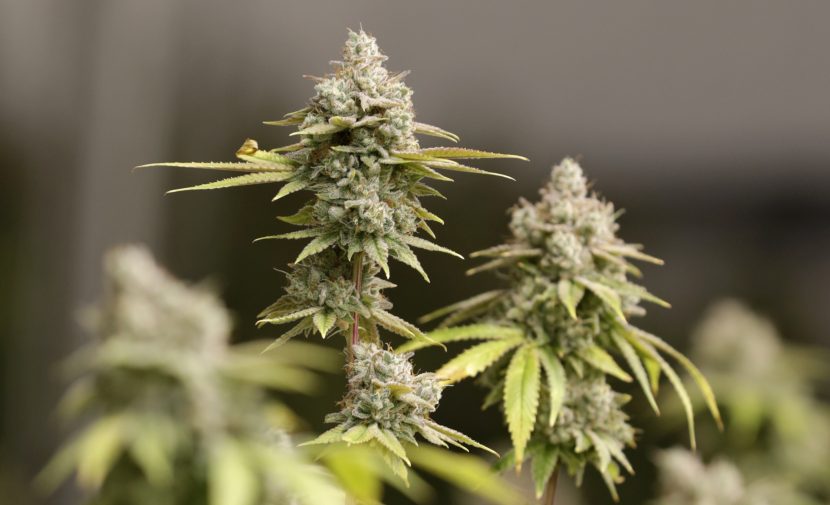As the stigma surrounding cannabis continues to fade, more athletes are exploring its potential benefits for recovery, performance enhancement, and pain management. Once thought of solely as a recreational substance, cannabis is now being considered a serious tool in athletic training and recovery. Professional athletes across various sports are speaking out about their experiences, but […]


As the stigma surrounding cannabis continues to fade, more athletes are exploring its potential benefits for recovery, performance enhancement, and pain management. Once thought of solely as a recreational substance, cannabis is now being considered a serious tool in athletic training and recovery. Professional athletes across various sports are speaking out about their experiences, but there are still legal challenges and complexities surrounding cannabis use in the competitive world. Let’s explore how cannabis is influencing the world of sports, focusing on its benefits, real athlete experiences, and the legal challenges they face.
The Benefits of Cannabis for Athletes
- Pain Management and Recovery
Athletes often deal with chronic pain from intense training, injuries, and the demands of their respective sports. Traditional painkillers, like opioids, come with serious risks of addiction and side effects, which is why more athletes are turning to cannabis as a safer alternative. Cannabinoids, especially CBD (cannabidiol), have demonstrated anti-inflammatory properties that can help reduce swelling and alleviate pain. The non-psychoactive effects of CBD are especially appealing for athletes looking for relief without the “high” associated with THC.
Former NFL player Eugene Monroe has been a vocal advocate for cannabis use in sports, specifically for managing pain and recovery. Monroe suffered from multiple concussions during his career and has spoken out about how cannabis helped him manage pain without relying on opioids. He’s not alone—NBA star Kevin Durant has also opened up about using CBD to deal with pain and recovery. Durant, who has faced a number of injuries throughout his career, has mentioned using CBD products to help with soreness after games.
- Improved Sleep
Sleep is a critical component of athletic recovery. Athletes with demanding schedules often struggle with insomnia or poor-quality sleep due to travel, high stress, or the physical toll of their sport. Cannabis, particularly THC, is known for its ability to induce relaxation and promote better sleep. Retired MMA fighter Nate Diaz is one of the high-profile athletes who has openly endorsed cannabis for sleep and recovery. Diaz has used CBD and THC products to help manage the physical and mental strain from training and improve his overall sleep quality. - Reduced Anxiety and Stress
The mental pressures that athletes face are often just as intense as the physical challenges. The fear of injury, performance anxiety, or the stress of competition can be overwhelming. Cannabis, especially CBD, is used by many athletes to help reduce anxiety and stress levels. NBA star Carmelo Anthony has shared that he uses CBD to manage stress and help his body recover after games. Reducing anxiety can contribute to better focus and performance on the court, while also supporting mental well-being.
The Legal Challenges Athletes Face
Despite cannabis’s growing popularity in the athletic community, it still presents significant legal challenges. Most major sports leagues, including the NFL, NBA, and Olympic committees, have strict drug policies that prohibit cannabis use, even though cannabis has been legalized in many parts of the world. The World Anti-Doping Agency (WADA) currently bans cannabis during competition but allows CBD products that are free of THC.
For example, UFC fighters like Nate Diaz and Jon Jones have faced legal consequences related to cannabis use. Diaz was fined for using cannabis in non-competition periods, while Jones had a history of testing positive for THC. These instances highlight the ongoing tension between cannabis use and the stringent rules imposed by sports organizations.
Changing Regulations and Future Outlook
The landscape is shifting, however. The NBA, for example, has eased its cannabis policy, recognizing that many players use cannabis for recovery. Some athletes are calling for a more open stance on cannabis, arguing that it’s a natural alternative to the opioid painkillers that have wreaked havoc on the careers of many athletes. With more research being conducted on the benefits of cannabis, there may be further changes in policies over time.
Conclusion
Cannabis is rapidly becoming a go-to option for athletes looking for natural pain relief, improved sleep, and reduced anxiety. Athletes like Eugene Monroe, Nate Diaz, and Kevin Durant are helping pave the way for wider acceptance of cannabis use in sports. However, as cannabis use continues to grow, so do the legal challenges. Athletes must navigate the complex and evolving regulations set forth by sports organizations. As more studies demonstrate the benefits of cannabis, it’s likely that these legal barriers will continue to be reassessed, potentially allowing cannabis to become a mainstream recovery tool in the world of sports.














